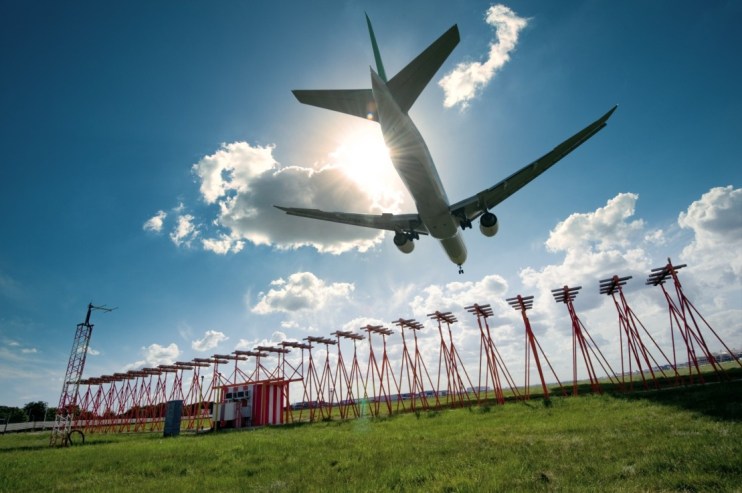New boss says Heathrow a ‘national asset’ as losses narrow

Heathrow Airport narrowed its losses significantly in the first nine months of the year, as passenger numbers soared from Covid-era lows.
The West-London hub reported an overall loss of £19m, down from £442m as it welcomed over 59m passengers during the course of the year – an uptick of 34 per cent and driven by Europe and North American routes.
Strong demand, including a 97 per cent rise in traffic to the Asia Pacific region, helped revenues rise 30 per cent to £2.8bn.
But booming desire for holidays could not offset the airport’s losses, as it teeters on the edge of turning a profit after years in the red – primarily caused by Covid-19 and the costs of servicing its huge and growing debt pile.
That debt currently sits at £15.8bn, up 0.4 per cent on last year, while the hub’s operating costs also rose by close to a quarter to £1.03bn
Heathrow, whose consortium of investors includes the Qatar Investment Authority and Madrid-based construction group Ferrovial, has endured a chequered post-pandemic recovery, struggling to turn a profit in recent years.
Former chief executive Holland-Kaye, who left his role earlier this month, repeatedly blamed a cap on the price its can charge airlines for using its landing strip for the repeat lossmaking.
New chief executive Thomas Woldbye, said “Heathrow is already a great national asset for Britain – and our best days still lie ahead.”
“We’ve got a clear plan to connect all of Britain to global growth, a flight path to net zero by 2050, and while we have a tight settlement from the CAA, we will upgrade the airport for our customers.”
What could turn the tide further for Heathrow would be increased spending in its terminals’ shopping malls, which have been hit by the UK government’s decision to axe VAT-free shopping for international visitors in 2021.
Revenues from retail concession rose 30.8 per cent to £187m this year and the airport called for the government to “back growth in the Autumn Statement and create new jobs” by re-instating tax-free shopping.